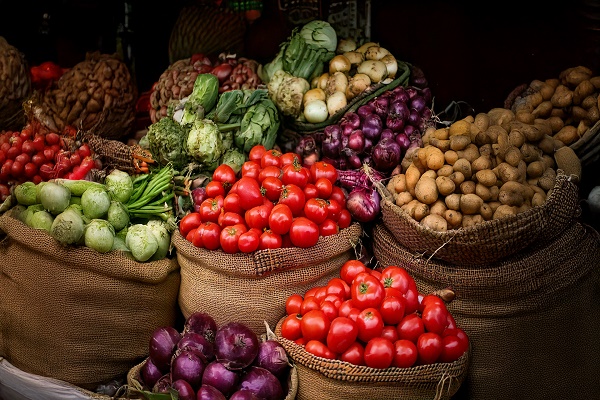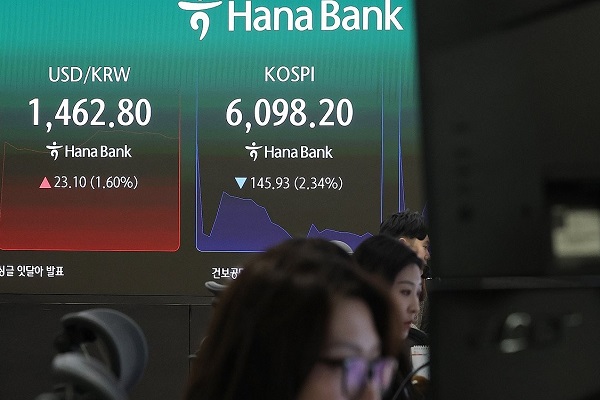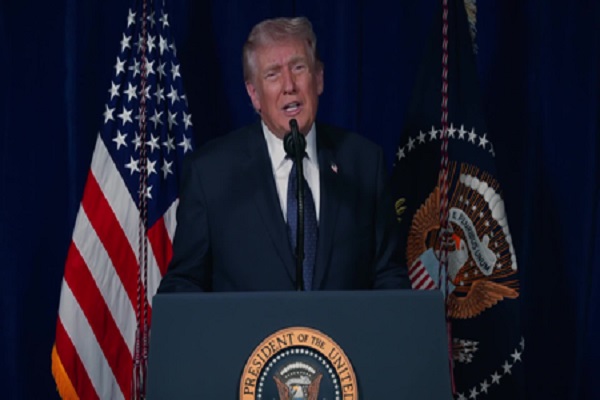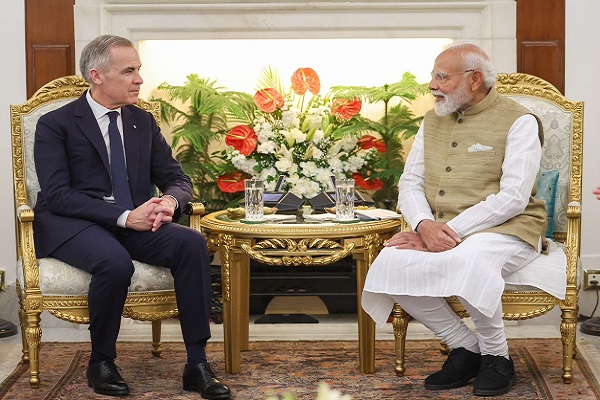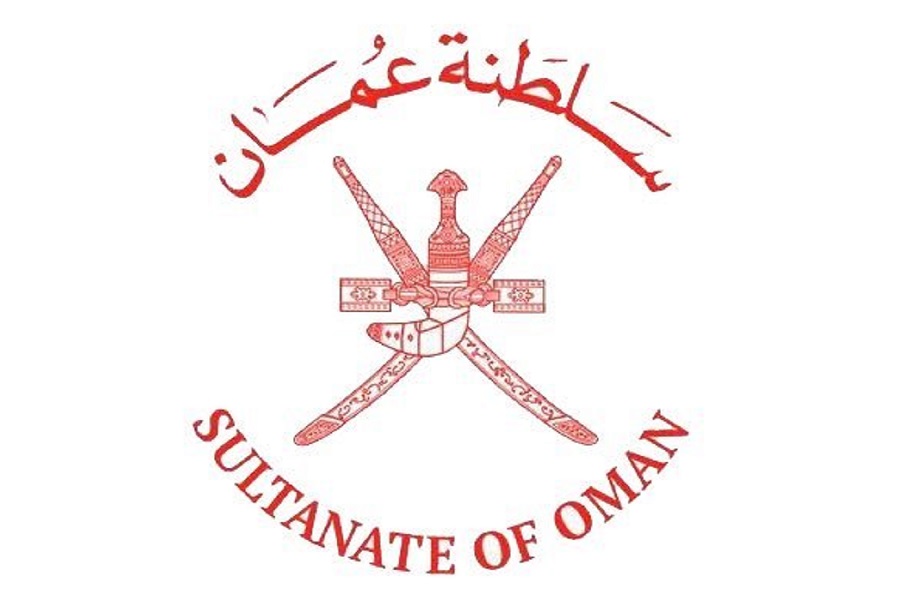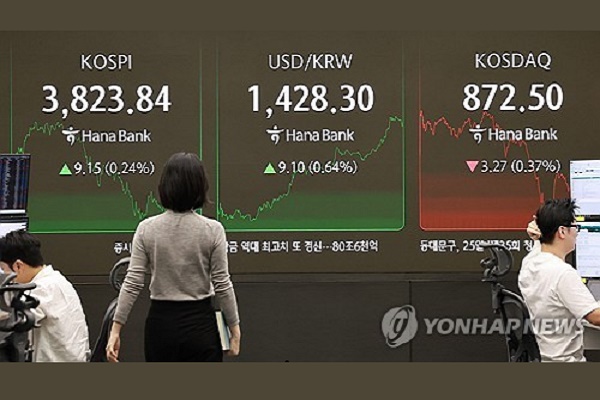South Korea's foreign reserves hit 5-year low in January amid weak won
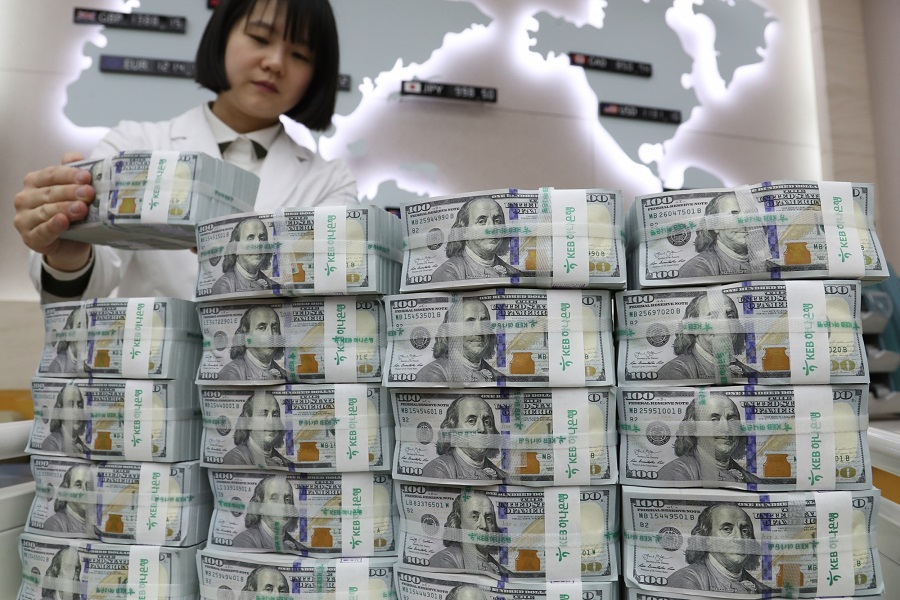
South Korea's foreign reserves fell from a month earlier to reach the lowest level in nearly five years amid the weak local currency, central bank data showed on Wednesday.
The country's foreign reserves had come to $411.01 billion as of end-January, down $4.59 billion from a month earlier, according to the data from the Bank of Korea (BOK), reports Yonhap news agency.
It was the lowest level since June 2020, when the figure came to $410.7 billion, and January's reading marked the sharpest decline since April 2024.
The decrease was attributable to financial authorities' responses to the volatility in the foreign exchange market.
The local currency dropped to the lowest level in nearly 16 years, falling below 1,460 won against the U.S. dollar in December. It remained at that level through January amid domestic political chaos caused by President Yoon Suk Yeol's martial law imposition and the continued strength of the greenback.
Foreign securities, such as U.S. Treasuries, had been valued at $362.02 billion as of end-January, down $4.65 billion from a month earlier. They accounted for 88.1 percent of foreign reserves.
The value of deposits, however, had risen $70 million to $25.29 billion as of the end of last month.
Foreign reserves consist of securities and deposits denominated in overseas currencies, International Monetary Fund reserve positions, special drawing rights and gold bullion.
South Korea ranked as the world's ninth-largest holder of foreign reserves at end-January.
China topped the list, followed by Japan, then Switzerland, India and Russia, the data showed.
Meanwhile, the South Korean central bank said uncertainties remain high regarding prices of global oil and farm produce, the local currency and domestic demand, which could affect inflation down the road.
Bank of Korea (BOK) Deputy Gov. Kim Woong made the assessment during a meeting meant to check prices after government data showed that consumer prices, a key gauge of inflation, rose by the largest margin in six months of 2.2 percent on-year in January.
In its latest forecast presented in November, the BOK projected a 1.9 per cent on-year growth in 2025.













